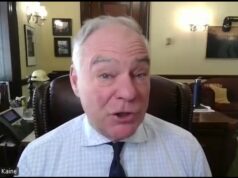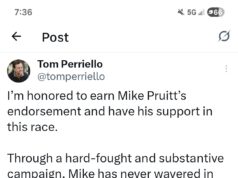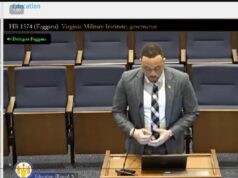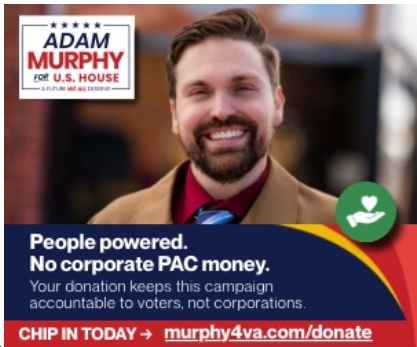[This is an adaptation of a comment that I made in another thread. It answers a question that asked whether it was acceptable to use money from other people (this is, government tax money) to solve personal economic problems.]
When we pay taxes, we are paying for a series of services. Some of them are insurances. If you ever got an a car accident, I am sure you didn’t mind that other people’s money either paid off damaged or paid you from damage that occurred to your car. You may claim that you paid for that insurance, and you are right, but the reality is that most of us lack the cash-on-hand to pay damages off immediately after an accident. And in some cases all of your premiums added together wouldn’t cover the damages. In both cases, you are using other people’s money.
Government assistance, at its most basic level, is just insurance. And insurance is not morally wrong; it is a sound financial decision. We still have insurances of all types, and not having some is considered to be reckless. Now, the government can provide insurance to a greater amount of people with lower costs because of its size.
Let me take this conversation one step further. Protecting the poor and the middle class is not only morally right, if you share the Judeo-Islamic-Christian tradition, but also makes economic sense. Having a mass of people with disposable income creates the famous consumer market. Reducing their disposable income decreases the consumer market. With reduced income, we get a weaker market, less entrepreneurship, and reducing competition. And competition is what brings the most positive elements of capitalism: employment, lower prices, more choices.
Today many in the right, without knowing, are actually advancing something that is better described as neo-feudalism than capitalism. Today’s right-wing policies protect the biggest companies, punishes the smaller ones, and grant greater rights and privileges to the 0.5% richest in the population while making the 99.5% rest pay for it.
This undermines capitalism and our democracy since, without disposable income and time, it is hard to engage in the political process.












